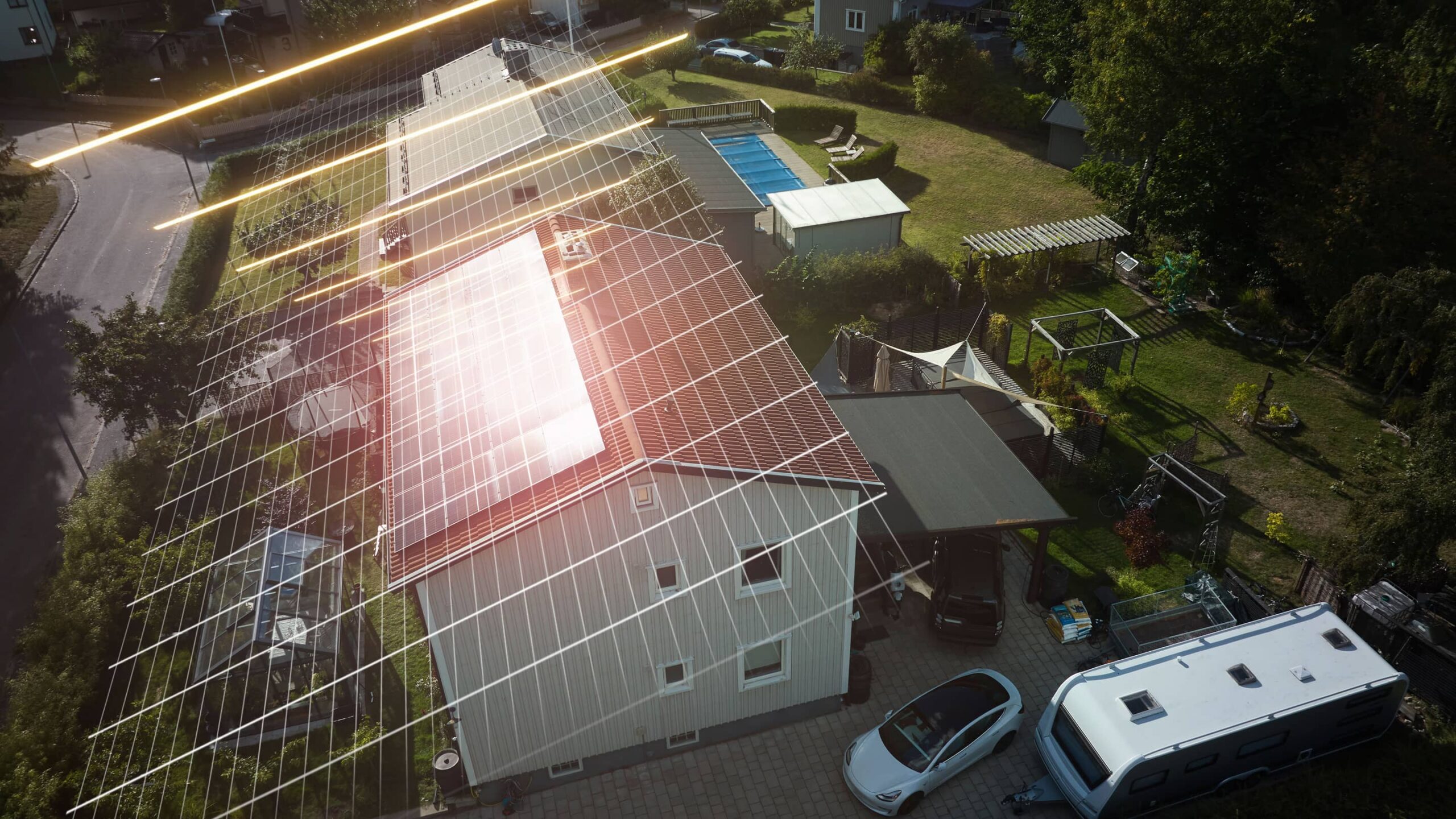Key Takeaways
- Discover the innovations making homes more energy-efficient.
- Learn how efficient energy use benefits both the environment and your wallet.
- Understand the role of emerging technologies in residential energy management.
Introduction
In today’s rapidly evolving world, how we consume energy plays a critical role in sustaining environmental health. Transforming our homes into energy-efficient spaces has become imperative, not just as a trend but as a sustainable lifestyle choice. Whether the goal is to contribute to eco-friendliness or to enjoy lower utility bills, saving energy at home Kansas City is more relevant than ever. Across the globe, numerous households have embarked on journeys to curtail energy wastage, resulting in cleaner, more efficient living spaces without compromising comfort. Once understood as a mere whisper of the larger sustainability narrative, energy efficiency has surged to the forefront, empowering homeowners with practical tools to sculpt a greener footprint. By harnessing the cumulative advantages of these changes, homeowners can effect significant environmental contributions while still enjoying contemporary conveniences.
The Basics of Energy Efficiency
However, energy efficiency revolves around using less energy to accomplish the same tasks and eliminating waste. In the context of homeowners, this means achieving an optimal balance where one’s residence is comfortable and financially savvy. There is a mistaken belief that enhancing energy savings necessitates drastic lifestyle changes or compromises living quality. However, this notion couldn’t be further from the truth. Engaging educational campaigns and technological advances have clarified that energy savings can seamlessly integrate into everyday routines. Homeowners can generate significant savings without major disruptions by focusing on the efficiency of appliances, insulation, and consumption behaviors. The key lies in understanding usage patterns and making minor yet strategic adjustments to daily habits.
Emerging Technologies in Home Energy Efficiency
Smart home technology has transformed how families utilize energy. Smart thermostats, dynamic lighting systems, and advanced appliances offer unprecedented control and predictive analytics, allowing homeowners to monitor and adjust their energy usage effectively. The market is saturated with creative solutions that empower users to track real-time energy use and make informed adjustments on the go. Moreover, energy storage solutions have also become pivotal. With options like home battery systems, excess energy produced by renewable sources like solar panels can now be stored, saving it for use during peak periods or emergencies. This optimizes energy use and ensures that renewable resources are exploited to their maximum potential, further cementing the role of emerging technologies in residential energy management.
How Energy Efficiency Saves Money
Implementing energy efficiency measures can considerably lower utility expenditures. Although some strategies necessitate an upfront investment, such as installing solar panels or upgrading to double-pane windows, they typically pay off substantially over time. The comparison between initial expenditures and long-term savings is crucial for intelligent decision-making and financial forecasting. Consider, for example, replacing old incandescent bulbs with LED lighting. Although the upfront expense of LED bulbs is greater, their energy consumption is markedly lower, leading to significant savings over their lifespan. Similarly, installing programmable thermostats can optimize heating and cooling, aligning energy use with household needs and consequently slashing utility expenses.
The Environmental Impact of Energy-Efficient Homes
The adoption of energy-efficient practices contributes to a substantial reduction in carbon footprints. By reducing energy wastage, homes generate fewer emissions, directly translating into cleaner air and a healthier planet. According to recent studies, energy-efficient homes can reduce emissions by up to 30%, underscoring their role in environmental sustainability.
Therefore, homeowners contribute to global environmental health. Beyond individual benefits, these changes reflect a collective effort towards a cleaner planet, ensuring that future generations inherit a healthier, more sustainable world. The positive environmental ramifications of energy efficiency cannot be overstated, offering immediate and long-term benefits to the Earth.
Practical Steps to Improve Home Energy Efficiency
Homeowners seeking to enhance energy efficiency can undertake several practical steps. Simple yet effective actions such as sealing leaks, upgrading insulation, and installing energy-efficient windows can result in significant savings. For those with older homes, retrofitting with new technologies like smart thermostats or energy-efficient appliances can yield substantial improvements. Also, ensuring lights and electronics are switched off when idle or adjusting heating and cooling plans can amplify energy savings. With awareness and initiative, these efforts contribute to a more efficient and sustainable home environment.
Case Studies: Real-Life Home Energy Transformations
Across the nation, numerous homes have successfully transitioned to energy-efficient living. For instance, modifications in New Jersey homes have led to a dramatic decrease in energy consumption, showcasing the efficacy of these transformations. The specific measures implemented range from upgrading insulation to embracing cutting-edge innovative technologies. Pilot community projects illustrate these changes’ profound impact on local environments and family finances.
Policy and Incentives to Encourage Energy Efficiency
Government policies and incentives have been crucial in encouraging energy efficiency across homes. Homeowners are offered attractive tax credits, rebates, and monetary incentives to promote the adoption of energy-saving technologies. Moreover, recent policy shifts have significantly impacted the housing market, prompting more homeowners to make efficiency-enhancing updates. As renewable energy options and efficiency practices gain traction, the role of policy as a driving force becomes even more pronounced. Understanding available benefits is essential for any homeowner looking to make the shift. Programs that facilitate these transitions are integral to moving towards widespread energy efficiency.
Conclusion
The transition to energy-efficient homes is a strategic and rewarding choice in the contemporary era. The diverse benefits, from ecological preservation to significant cost savings, render embracing energy efficiency advantageous and essential. Homeowners are encouraged to explore and integrate these energy-saving changes, contributing to a sustainable future for themselves and future generations. As these practices become normalized, they foster a nurturing environment and lay the foundation for enduring sustainability.

